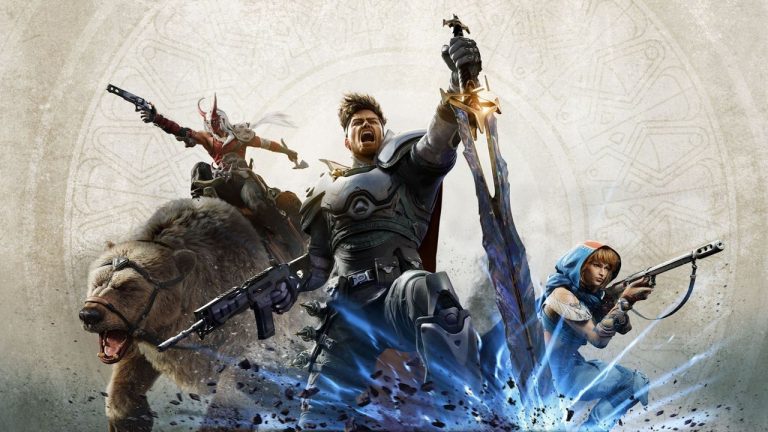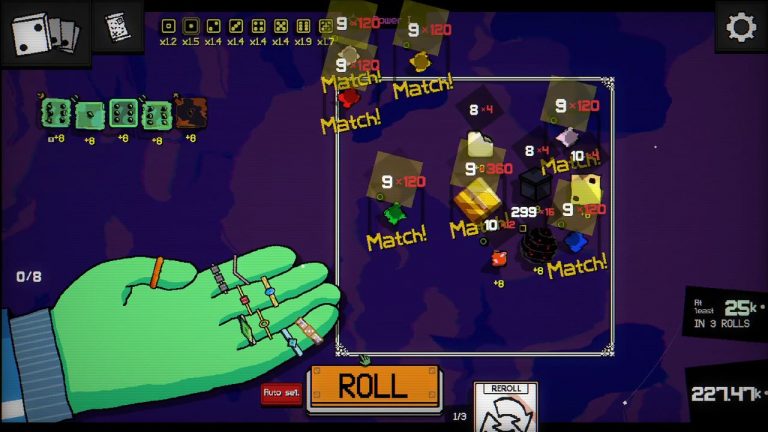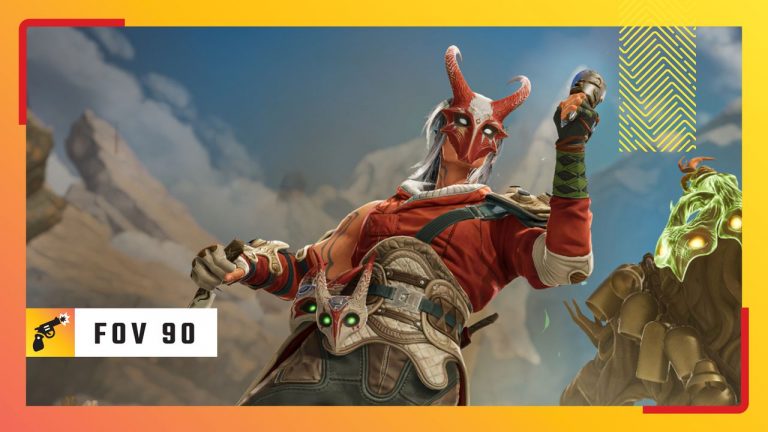LinkedIn, the email spam service associated with a B2B social network, has made its move into gaming. Not with a LinkedIn-branded golf putting kit, which surely would’ve nailed the target audience: LinkedIn has started with three simple browser games that can be played daily and, here’s the kicker, track and share stats across networks. Yes, it’s looking to start some friendly rivalries in the executive seats.
The games are available on both desktop and mobile, and are called Crossclimb, Pinpoint, and Queens (thanks, The Verge). The major influences are Wordle and Sudoku. Crossclimb sees players first guess a word from a clue, then create “ladders” of words from that base by changing letters at a time. You then order these five words so only one letter is changing at a time, which unlocks two final words at the top and bottom… and yep I’ve pretty much lost interest too.
I didn’t like Crossclimb much, though you have to give it props for being on-brand. One of my clues for a word was “Small business ____ (Source of funding for some startups)”. The answer is of course “loan”.
Pinpoint’s a simpler word association game, where players are presented a word and have to guess the category it comes from, with each incorrect guess unlocking the next word clue. There’s a timer, and after fumbling “Nice” and revealing “Nancy” I realised it was after French cities and not characteristics. This one’s alright, but no Wordle-beater.
Finally Queens is a colour-coded grid on which you have to place queens, such that none are touching each other or their lines cross on the board. It’s nice enough and feels like a simplified Sudoku, though I can’t imagine rushing back.
Each game has its version of high scores, from which LinkedIn creates various leaderboards among networks, and also tracks a daily streak and tells you who else in your network is playing. They can be found under the LinkedIn News and My Network section. LinkedIn naturally auto-enrolls you for various updates and notifications once you’ve played (you can opt out, or just surrender).
So don’t all rush at once. As gamification goes this is relatively minor stuff, and it’s doubtful LinkedIn will move far beyond simple offerings in this style. But the clear inspiration is the huge success of the New York Times’ games section which, thanks to the crown jewel of its ever-popular Wordle, has helped the media organisation gain and retain online subscribers: that daily streak is one hell of a powerful drug.
There’s no hint of monetisation (yet) so for LinkedIn this is clearly about getting its existing userbase more engaged with the site. The company claims it has over one billion members in more than 200 countries worldwide, which is a huge headline figure, but the real killer stat it doesn’t reveal is how many of these accounts use the site with any degree of regularity.
I signed up for a LinkedIn account ages ago when I didn’t have a job, because it seemed sensible, but since then have never used it, and the site’s potential does seem innately constricted by the fact that it has that specific use case. This isn’t somewhere you visit for fun: it’s for career-based networking and nothing else. Still, at least those of us who’ve moved on to respectable careers have a new avenue for the old battlecry: 1vs1 me, coward.












